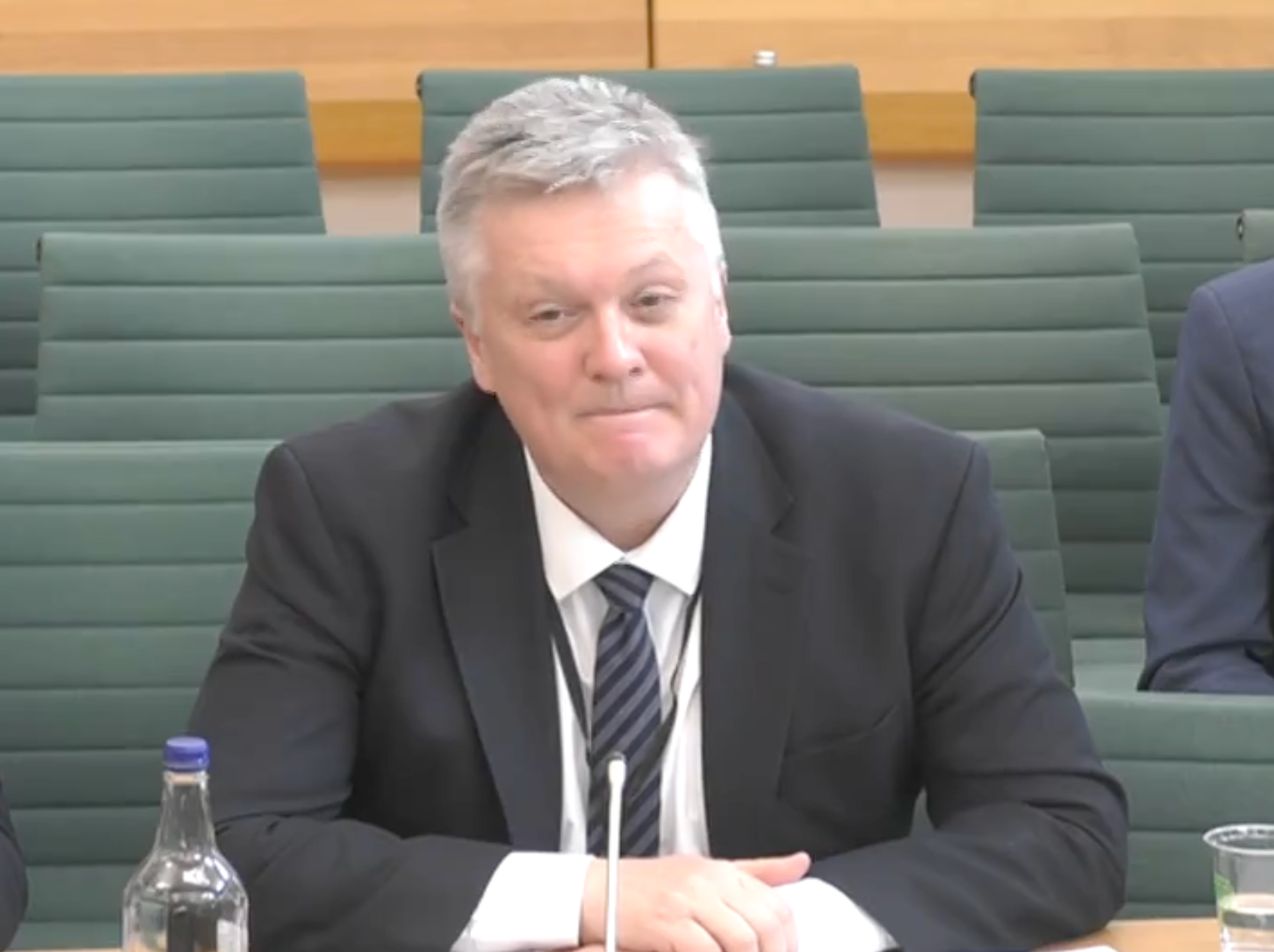Bank of England’s top economist warns interest rates likely won’t return to pre-Covid levels
Huw Pill says interest rates will likely fall, but not to near-zero levels of the 2010s
Your support helps us to tell the story
From reproductive rights to climate change to Big Tech, The Independent is on the ground when the story is developing. Whether it's investigating the financials of Elon Musk's pro-Trump PAC or producing our latest documentary, 'The A Word', which shines a light on the American women fighting for reproductive rights, we know how important it is to parse out the facts from the messaging.
At such a critical moment in US history, we need reporters on the ground. Your donation allows us to keep sending journalists to speak to both sides of the story.
The Independent is trusted by Americans across the entire political spectrum. And unlike many other quality news outlets, we choose not to lock Americans out of our reporting and analysis with paywalls. We believe quality journalism should be available to everyone, paid for by those who can afford it.
Your support makes all the difference.The top economist at the Bank of England has said interest rates will probably be higher in the long run than they were in the 2010s, but that they are likely to come down from current 15-year highs.
Huw Pill said the Monetary Policy Committee (MPC), which sets the base rate which lenders use to decide their interest rates, said rates should probably offset inflation and provide a small return for shareholders.
He said that as inflation comes closer to 2 per cent – the target that the government has set the MPC – rate setters will look for a new normal.
Where interest rates will settle is somewhat of a “philosophical question”, Mr Pill said.
He said he hoped the Bank can operate in future with fewer outside shocks – citing the pandemic and the economic impact of the war in Ukraine – which can allow it to set rates in a more stable environment.

“The way we think about it is the level of interest rates, the level of bank rate, you might think about it as being related to inflation: so it has to cover someone who’s holding a bank deposit … they probably want to be compensated for inflation,” he said.
“We’re targeting inflation at 2 per cent. So, you need an interest rate of 2 per cent to cover that. And then, you know, people put their money in the bank to save. They’re expecting some return on that.”
He added: “So, you might want to add a little bit, say half a percentage point, one percentage point, to that 2 per cent compensation you need for inflation as a real return.”
That leaves people with an “imprecise number”, Mr Pill said.
It is “a number that’s below where we are in terms of interest rates, but probably nonetheless higher than the interest rates that we had in the pre-Covid era”.
“That’s because in the pre-Covid we were still dealing with the fallout of the financial crisis, rather than being restrictive we had to be supportive of the economy.”
Mr Pill added: “The situation that created rates at zero pre-Covid was an exceptional situation.”
The MPC last week held interest rates at 5.25 per cent, the second time in a row it has left the base rate unchanged following nearly two years of non-stop rises.
